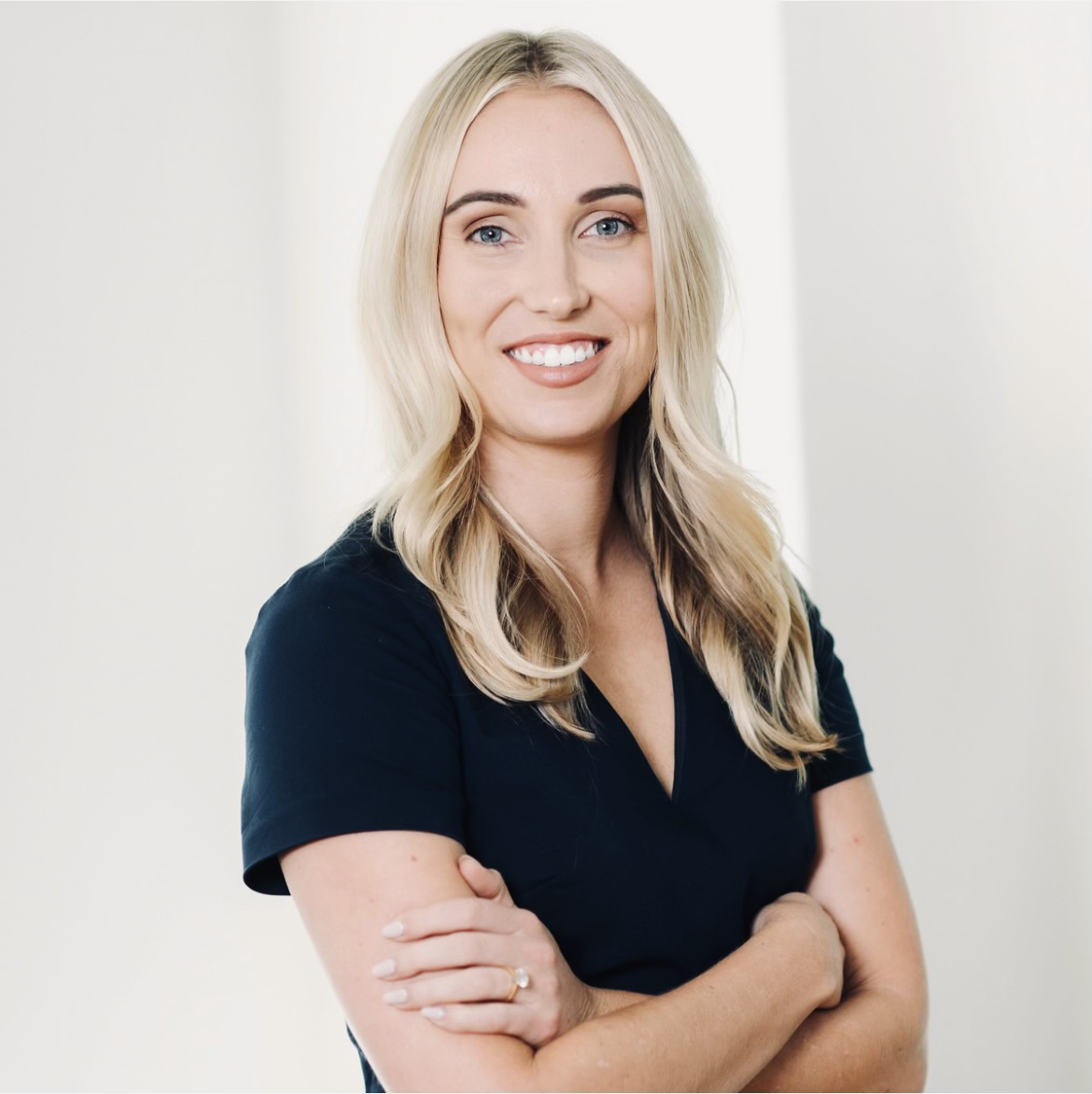Women are still gaining ground in the financial services industry, both on the advisor and professional side as well as the client side, but the industry continues to be primarily male with a historical focus on male clients.
Advisors still have a long way to go to build trust with female clients. Education is one of the best ways to turn that around, along with ignoring the wrongly-held belief that female clients usually don’t care about financial matters – a misconception that has perpetuated for many years.
To gain a better understanding of how to serve female clients, we spoke with Casey Jorgensen, Head of Dynasty Institute of Adaptive Leadership at Dynasty Financial Partners, and three women professionals at affiliates of Dynasty Financial Partners: Adrianna Stasiuk, Partner and Investment Advisor at Aaron Wealth Advisors; Michelle Smith, CEO of Source Financial Advisors; and Maggie Bilby, Vice President at Cyndeo Wealth Partners.
Our questions and their responses are below.
WSR: What do you believe is the most important factor in building trust with female clients? (Is it transparency, education, empathy or something else?)

Adrianna Stasiuk, Partner & Investment Advisor, Aaron Wealth Advisors: I view education, empathy and a dose of vulnerability to be the most important factors in building trust with clients. Empathy is table stakes for growing a trusting relationship with any client, but I think the vulnerability and education pieces are especially critical to building relationships with female clients.
Women typically come to the table with less confidence and practice using the “language” of money and finance, so approaching the engagement in the role of teacher or coach can be especially helpful for the client to truly understand and grasp the building blocks. This will establish a level of comfort and buy-in from the client when they understand the concepts we are implementing in their portfolio.
Second, revealing a level of personal vulnerability establishes a trusting bond. I’m not saying that we all need to reveal our deepest secrets with our clients, but I truly believe that we can all create deep relationships by sharing information about ourselves that may not be visible on the surface.
WSR: How do you approach financial planning differently when working with female clients, particularly those who may have experienced life transitions such as divorce or widowhood?

Michelle Smith, CEO, Source Financial Advisors: The most critical thing to know when working with female clients who are newly in control of their money is that it will be an evolving process of educating, with repetition of key concepts threaded throughout the relationship, especially in the first five years.
It is completely common and “normal” for a woman five years after the fact to newly awaken to things she felt she may have done in the fog of the biggest crisis in her life. Revisit her wills, her financial plan and her spending with her, and commit to an annual “re-education” as she evolves in her financial life. You do not want to be the advisor who loses this client within the first five years after you were the one who helped her through the transition because you didn’t empower her along the way.
It is natural to want to “take care of her” but when she gets out of the fog, she needs to feel you guided her at her own pace and had her involved in her decisions versus making decisions for her. I cannot underscore the importance of this.
WSR: What common misconceptions do you encounter when advising female clients, and how do you address them? (For example, are there assumptions about risk tolerance or financial knowledge?)

Casey Jorgensen, Head of Dynasty Institute of Adaptive Leadership, Dynasty Financial Partners: One of the most pervasive misconceptions made by advisors is that female clients don’t have as much of an interest in financial matters as their male clients, which I strongly challenge.
Advisors often overlook a critically important possibility: It may not be psychologically (and at worst, physically), safe for a woman to express interest in financial matters in her current relationship. Every woman’s financial decisions are deeply connected to her life goals like family planning, education, health care and living situation. Additionally, many millennial and Gen Z women report high levels of financial confidence, thanks to their education, access to digital financial tools and proactive engagement in their finances.
Women do have an interest in financial matters. Advisors just need to adjust their approach to engaging women investors.
WSR: What advice would you give to male advisors on better understanding and connecting with their female clients? (Are there any particular communication styles, preferences or approaches that work best?)

Maggie Bilby, Vice President, Cyndeo Wealth Partners: Our best advice is to listen. Really listen. Do not step into a meeting with a preconceived idea of how the conversation will go. It’s okay to have an agenda or an outline to help keep the discussion focused, but the meeting is for the client – all about the client.
Ask her questions about life, her family and her future. And find a way that you and your firm can add value to her situation. The main predictor of financial success is not investment performance – it’s investor behavior. You will need to be her coach, her mentor and her confidant. You might spend more time upfront with educational conversations, but it is our experience that women catch on very quickly – same as men. Just be willing to listen and counter with your firm’s value proposition.
Jeff Berman, Contributing Editor and Reporter at Wealth Solutions Report, can be reached at jberman@wealthsolutionsreport.com.














